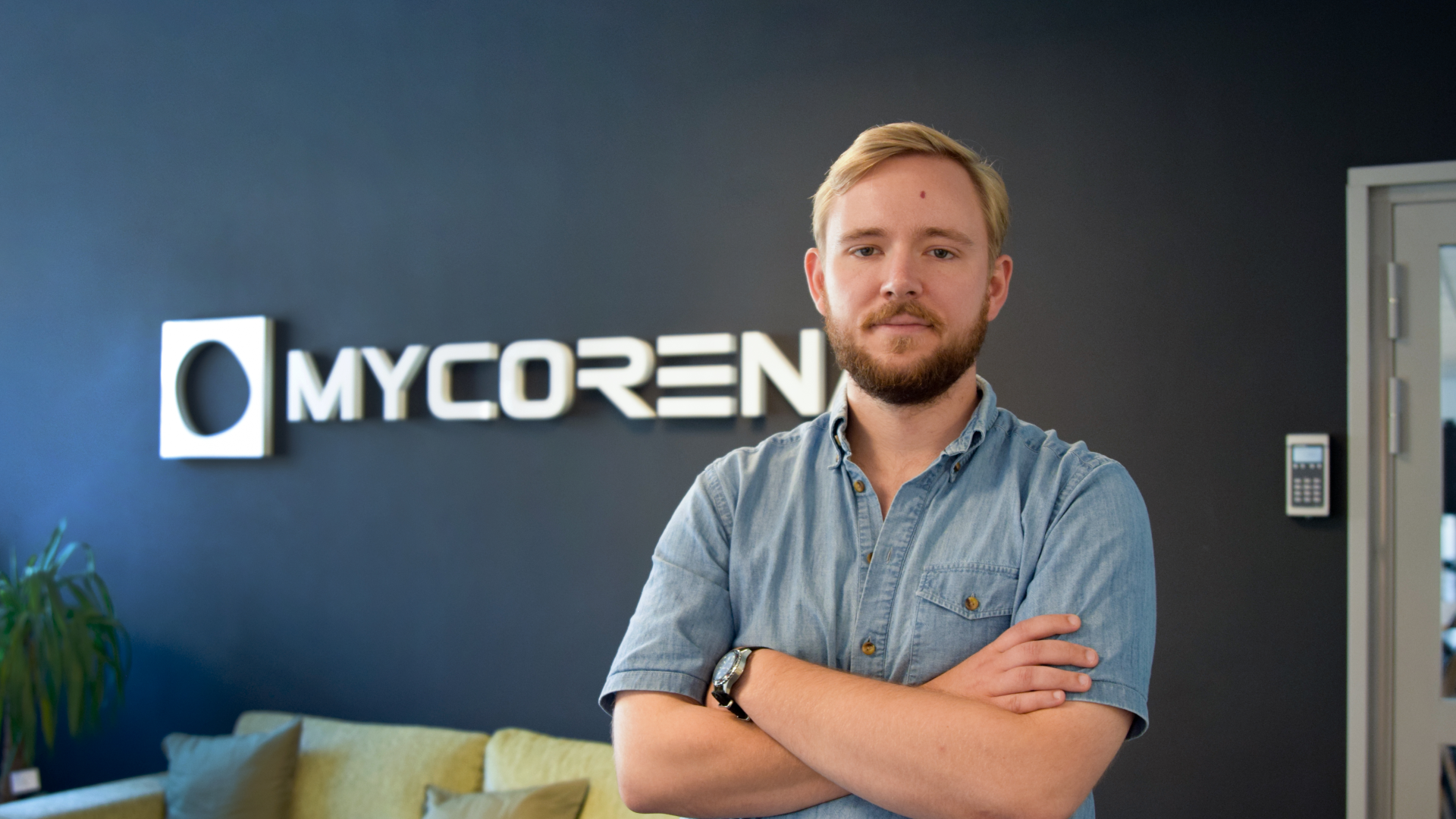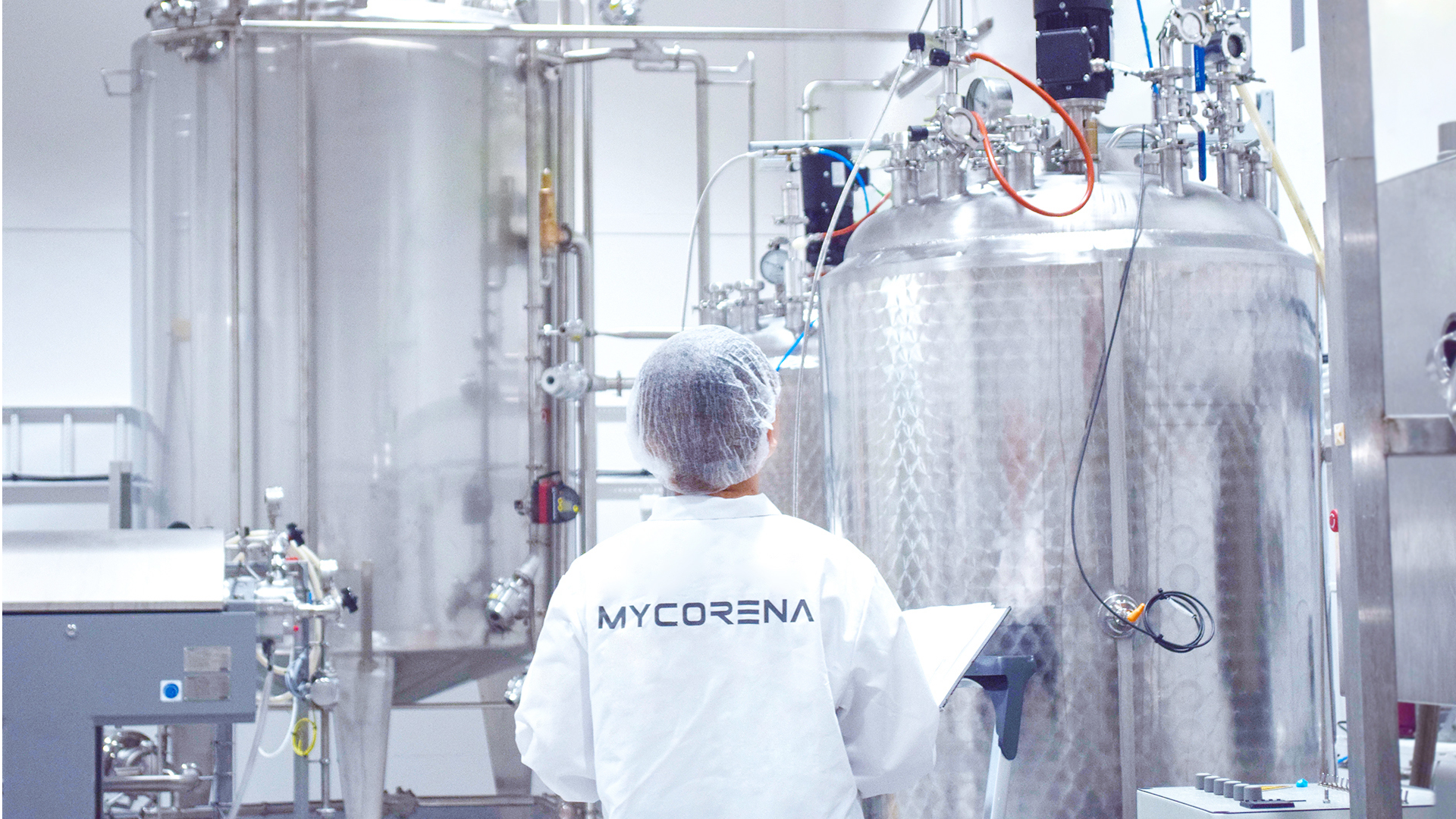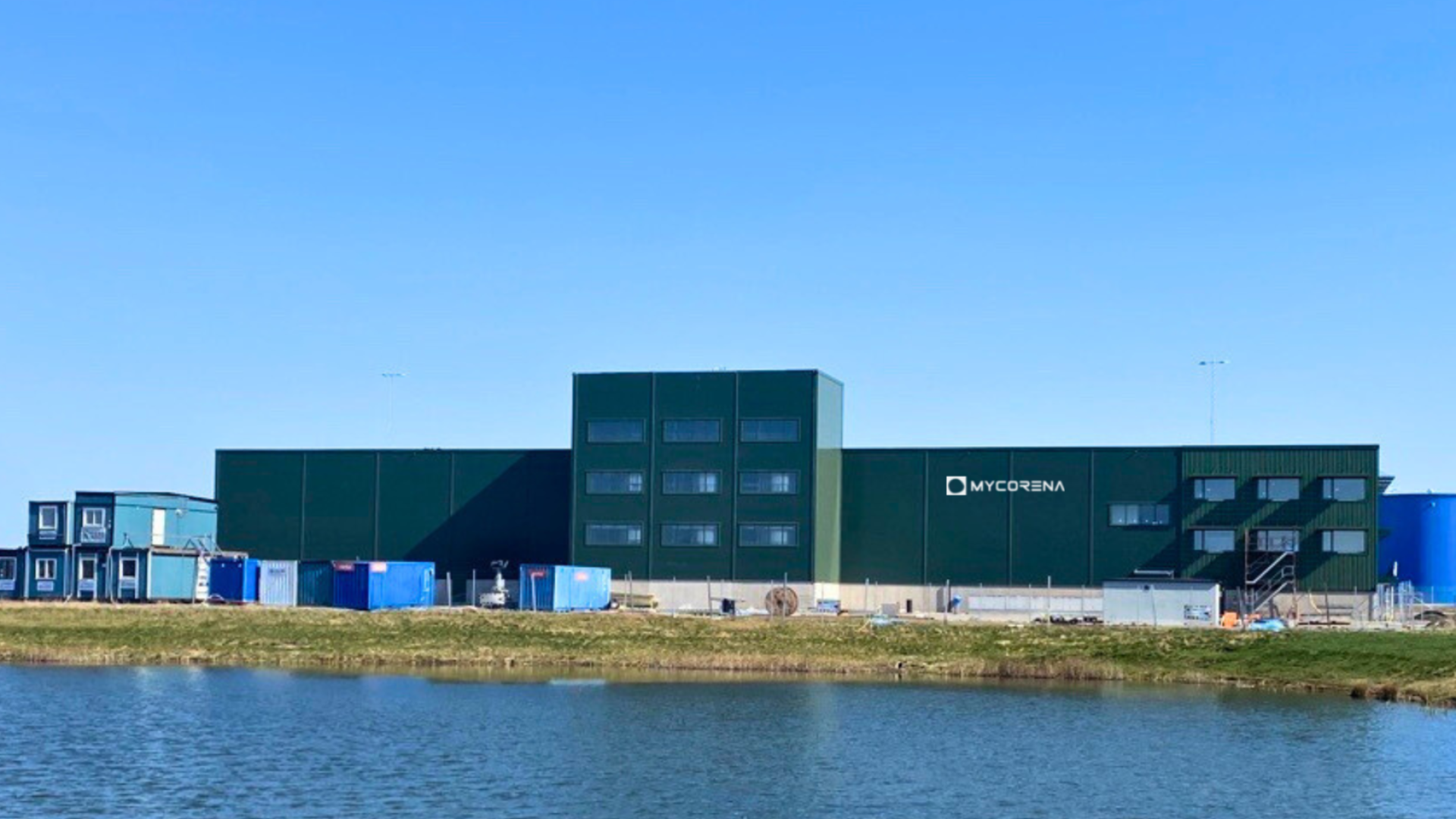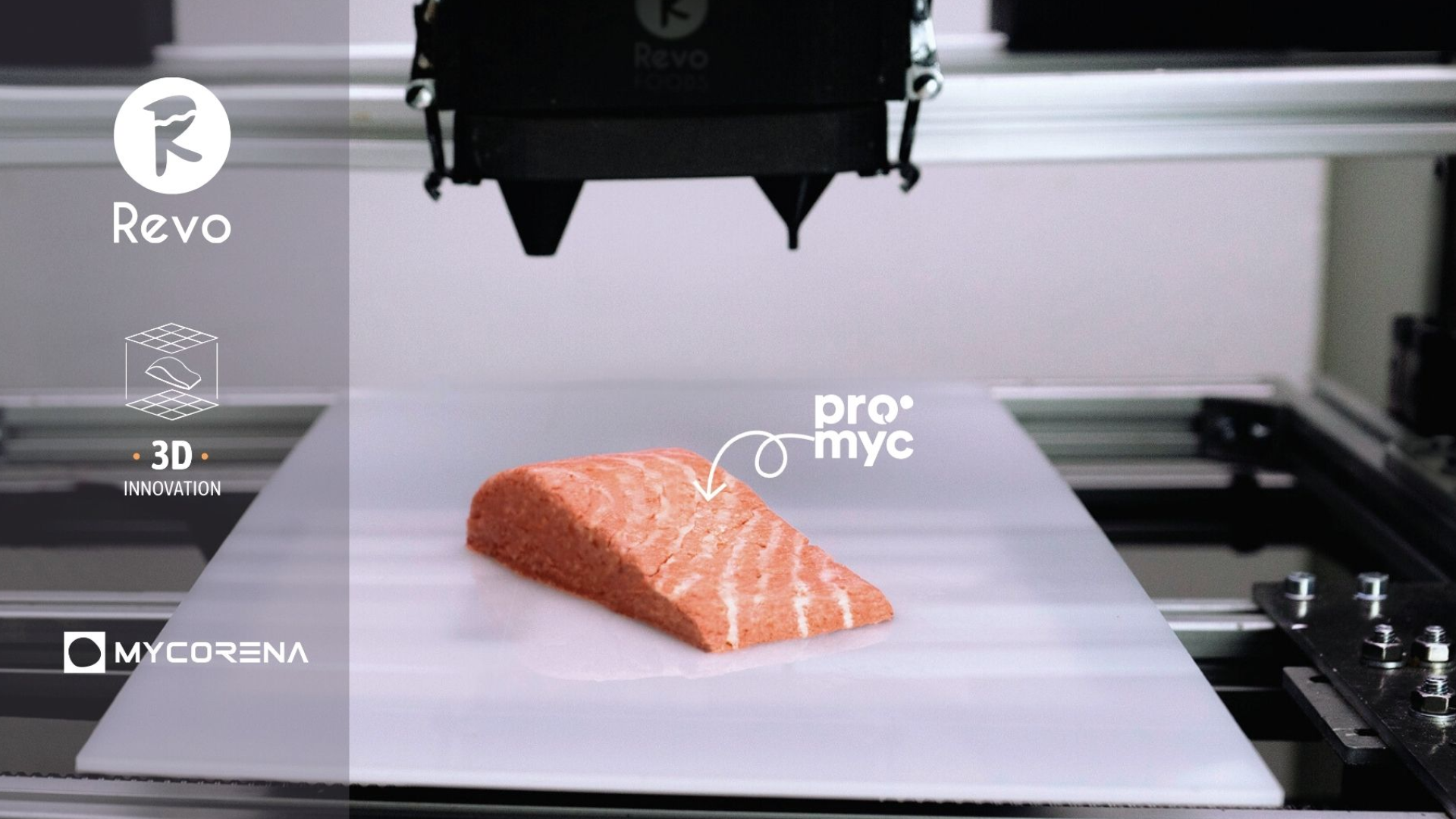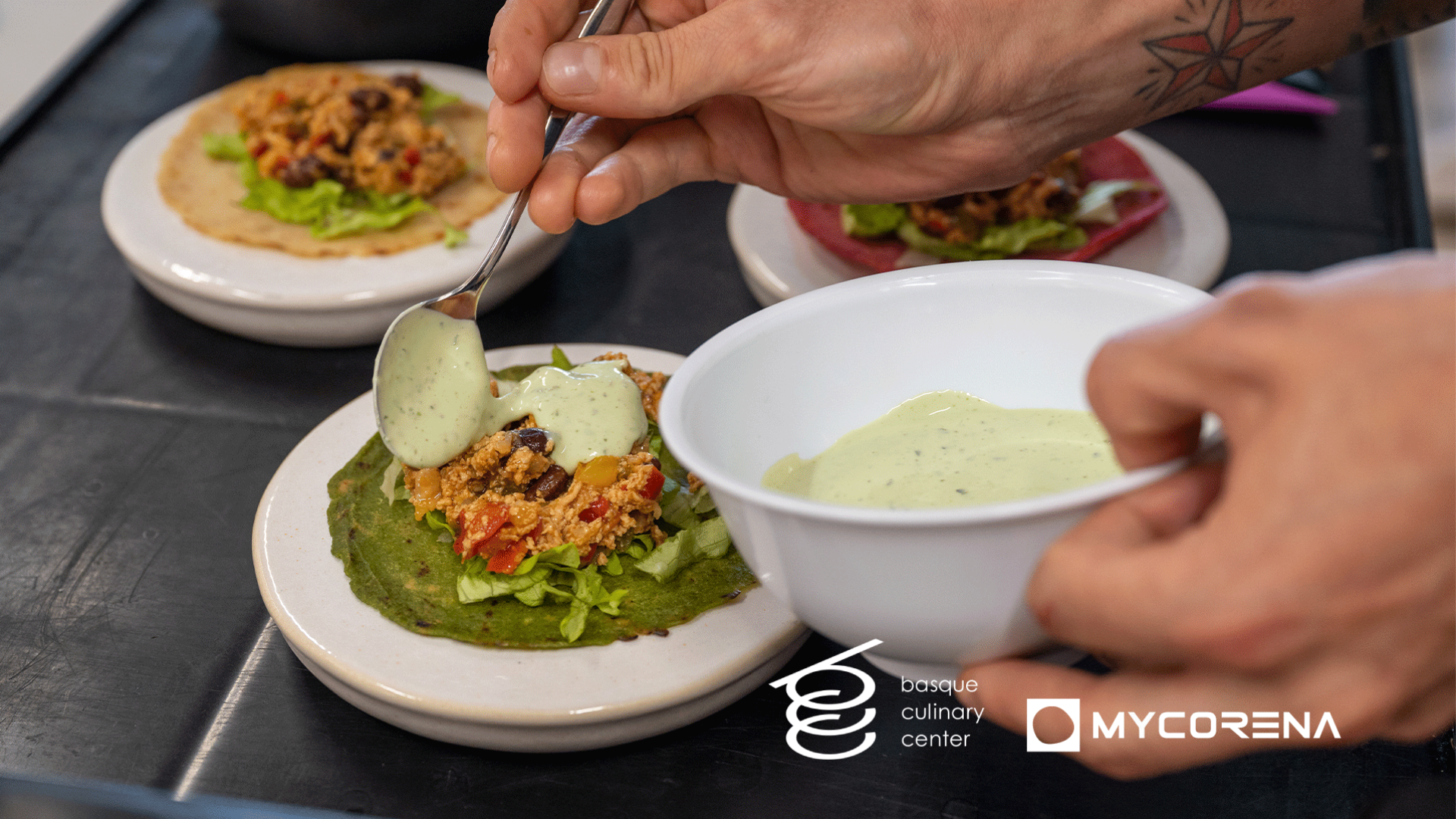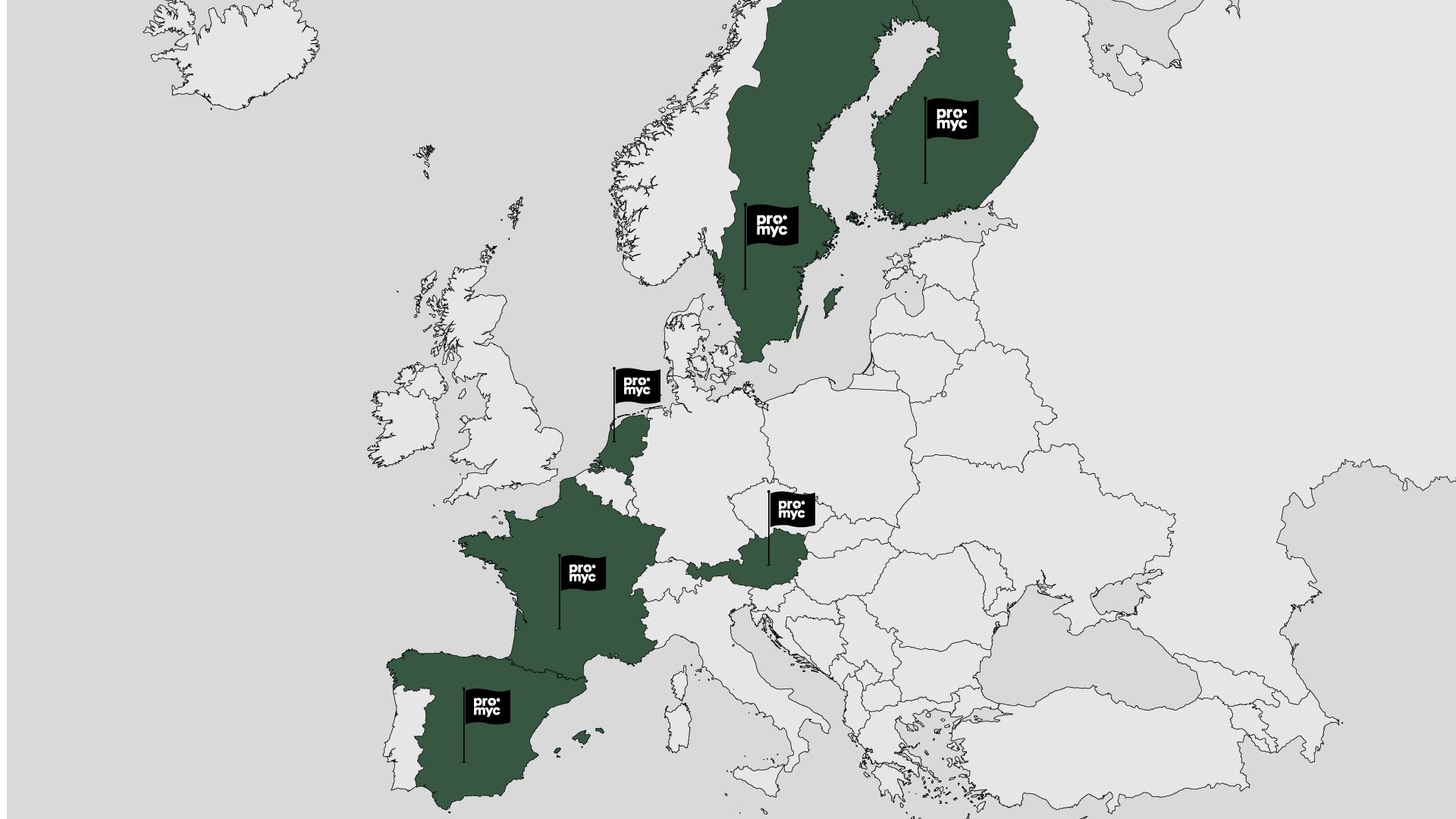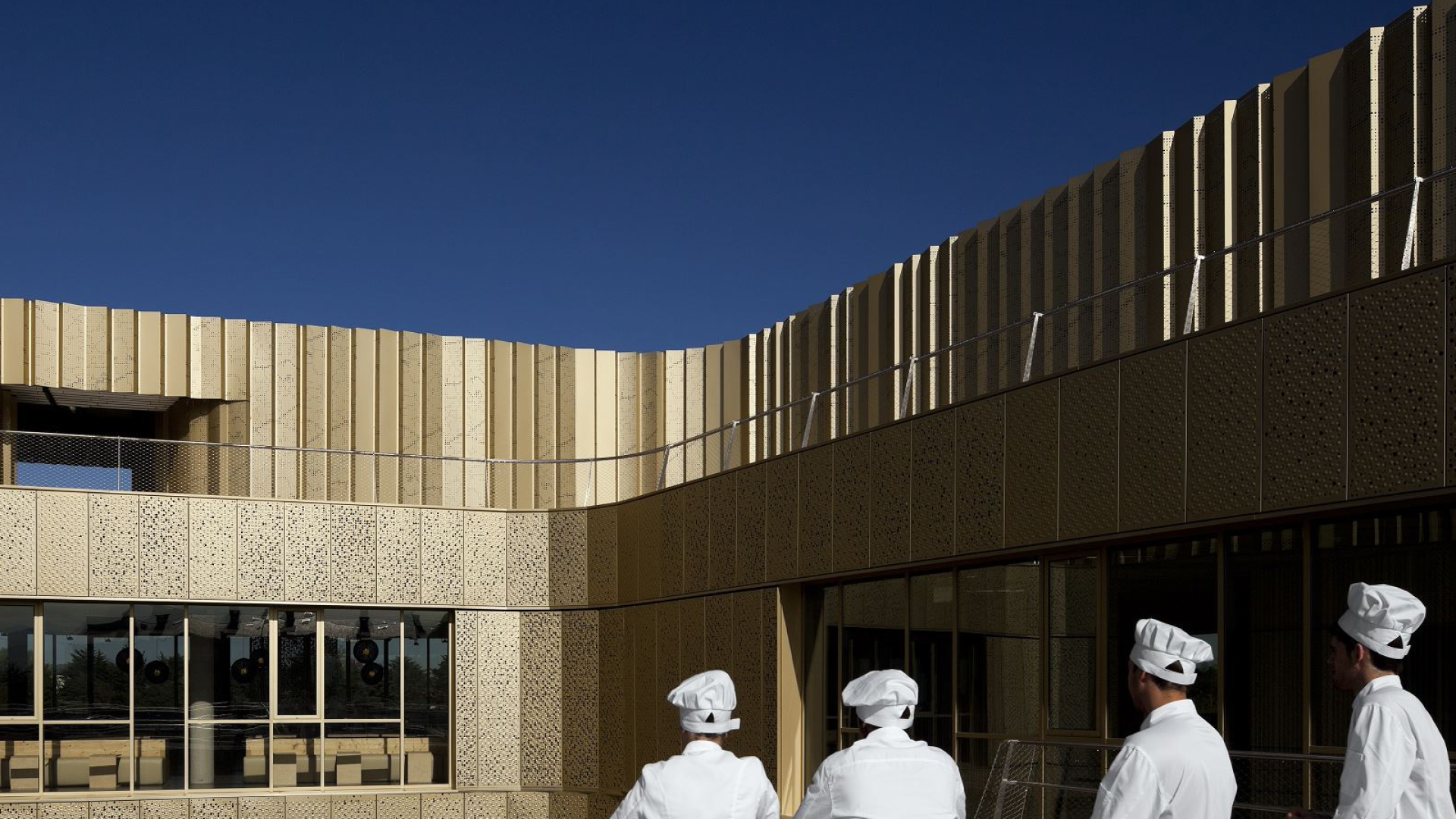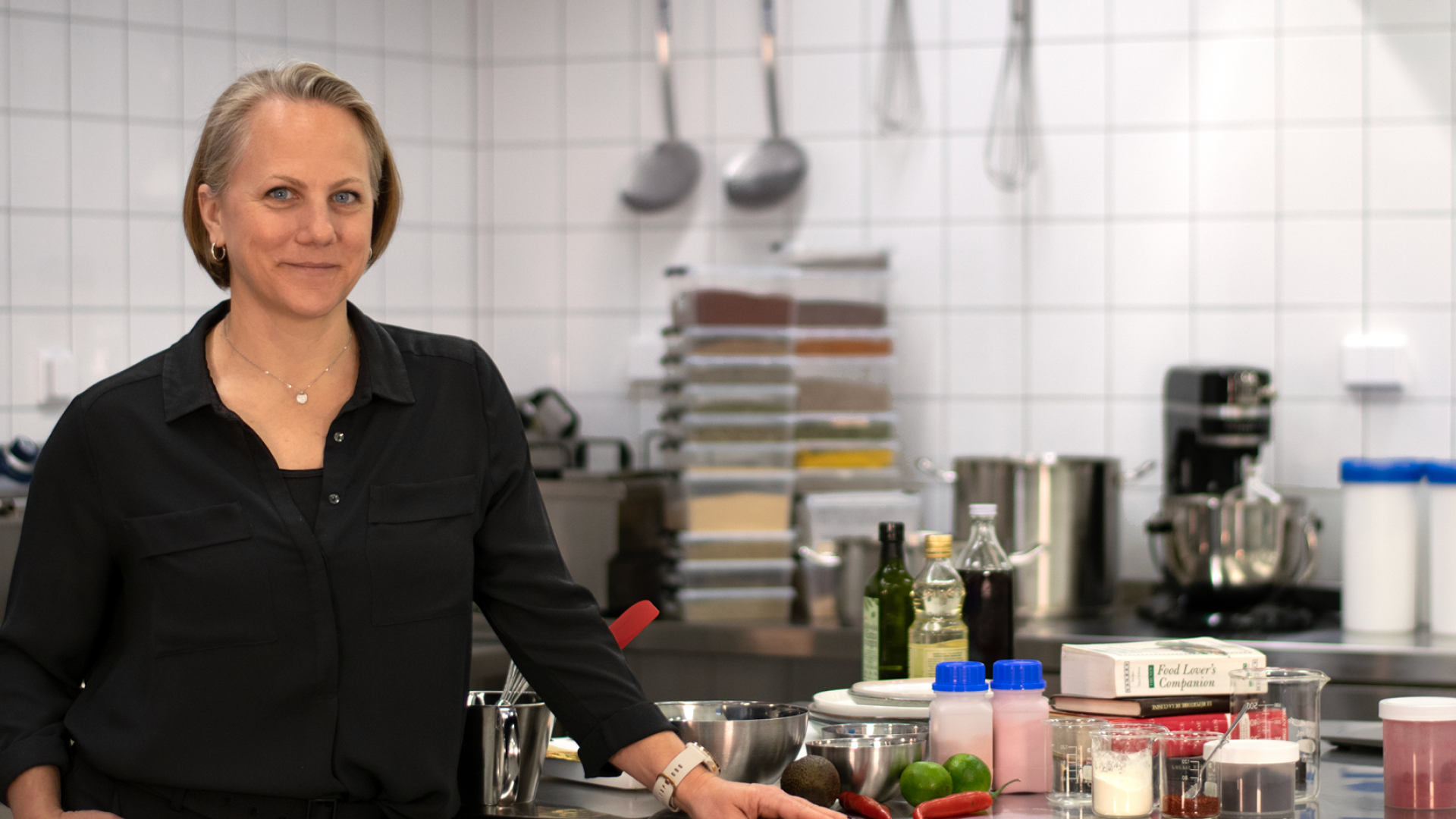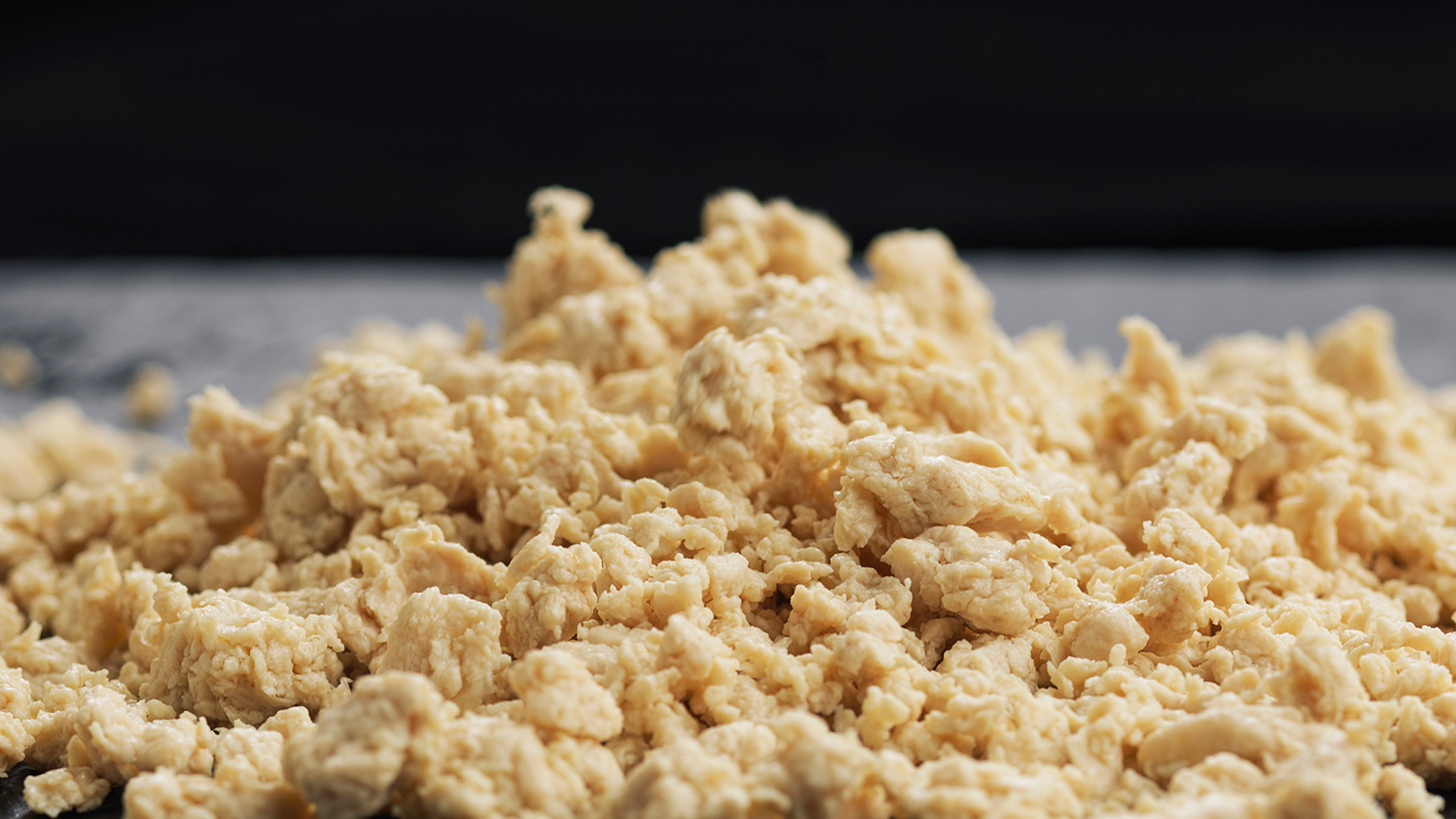What is your position at Mycorena?
I'm the Chief Financial Officer, meaning I am responsible for everything relating to the company's finances. Starting, of course, with fundraising, which is a massive part of a start-up, so finding money from investors and banks or other financiers. It also includes the specific CFO-agenda items like budgeting, forecasting, accounting and reporting. Investor relations have become a more significant part now as well, as we are growing and scaling up.
When did you join Mycorena?
I started in December of 2018, so I've been with the company for over four years now, although I have to admit they have gone by in an instant. I was the first employee to join!
How many people are in your team?
We are three people working in the financial department now. It was just me for quite some time, and it's less than a year since we've been more than one person. Despite being the most minor team in Mycorena, we hope to have a good impact.
What challenges do you face in your position?
For a company at this stage and in my position, the priority is always to have money in the account. The big question is always how we are going to make sure that we have enough money not just to survive but to reach important milestones and achieve the goals we want to. This in itself presents a lot of different challenges. There's one challenge, of course, of finding investors and attracting capital in the first place. Then there is the further challenge of determining what we will do with the capital once we have it. We must ensure that it is spent in the right way. Ultimately, everything feeds into having enough capital, but it's not a burden that I carry alone by any means. That's the perks of being a start-up where everyone's very close-knit.
How are you innovative in your work?
I think that we have to be innovative in many ways within finance. We are a unique company. There is no company like us, at least anywhere in Scandinavia, so we've had to be very innovative in our approach to investors as well as to regulators and other stakeholders. As we come into this space with an unusual technology and business model, we must be innovative and try different ways to showcase what we're all about. At the same time, finance is closely regulated, and there are widely accepted standards for doing things, so that sets some natural boundaries on what you can do. Of course, there are set procedures to follow.
What made you want to work within the foodtech industry?
In my case, I started working in the food industry first and then figured out why I wanted to do it after. I joined Mycorena by chance, being introduced to Ram through a mutual connection, I really liked Ram, and I thought, "Ok, this sounds cool. Let's jump on and see where it takes me". It didn't take long to realise that Mycorena is a really good place to be. We're working to solve really big challenges and have an impact on something that is very important and where the business potential is massive. I also really enjoy the level of complexity and an incredible amount of innovation that happens in the food sector. When most people think about tech and innovation, they think about software or e-commerce, but the food and agricultural industries harbour innovation in absolutely every aspect. There is space for all fields of technology in this sector. This is exciting because it opens up an incredible number of opportunities for collaboration and new solutions, and there's potential to interlink these technologies in ways we never thought were possible. I don't think we have even seen the start yet. I think that the foodtech industry is such an incredibly cool place to be because there are so many thrilling innovations happening. It's very inspiring to play a part in that.
What did you do before joining Mycorena?
I joined Mycorena right as I finished my studies, which means, of course, that my experience was quite limited, but I have an educational background in finance and then in entrepreneurship. I did a lot of studies focused on Intellectual property (IP), and how to turn innovation and research into entrepreneurship, so I've been able to utilise those skills. For the majority of my studies, I worked in executive recruitment, helping high-growth companies find their next CEO or top-level managers. I think that was a very good learning experience because you got to see a lot of industries and got to talk to a lot of very interesting, successful people. This shaped a lot of the views that I have today on leadership and building organisations.
What do you think the future looks like for mycoprotein?
I think the future is very bright. I think it feels a bit like a market anomaly that there isn't more mycoprotein already on the market, and it's shocking that it's only in the last two years that the pace has started picking up. Not only is it so sustainable production-wise, but in terms of taste and texture, it is great, so I find it very difficult to believe that fungi won't play a huge part in changing our consumption and production of protein. I think the work we do here at Mycorena is going to play a huge part in the protein transformation going from animal protein to more sustainable sources. We also see here every week from our R&D teams that fungi can be used to create tons of products, not only within and in close connection to the food system but in a whole host of other industries. I think the opportunities for fungi, even in areas that are beyond food, are a hugely important part of the future. I'm fully convinced that we will see it everywhere in the future, not just in what we eat, but even in the furniture we sit on or the medicines we take. We are just starting to scratch the surface of what fungi can do.
Now let's talk a little more about you!
Firstly, where are you from?
I am from Borås, less than one hour drive from our HQ in Gothenburg. I was born and raised there. I moved to Gothenburg as part of my studies around seven years ago.
Where and what did you study?
I started with a bachelor's degree in finance here in Gothenburg. Then I did an entrepreneurship programme at the Sahlgrenska University Hospital, which was in collaboration with Chalmers University. The main focus was biotech and entrepreneurship in biomedicine. We also spent a considerable amount of time on intellectual property, innovation law and other key legal aspects.
What do you like to do in your spare time?
I enjoy crosswords and quizzes, and in general, I'm quite a curious person, so I always enjoy learning new things. I particularly enjoy learning, let's call it 'useless knowledge, kind of trivial knowledge. I don't know why but I enjoy being able to state random facts. I'm a sociable person, so I spend a lot of my time just hanging out with my girlfriend and my friends. I'm quite easily entertained, so just meeting people is something that I really enjoy. I'm trying to explore new interests as well. I've recently started doing Brazilian jiu-jitsu, which, so far, I'm really enjoying. I'm also taking classes in Persian now, I'm trying to learn as my girlfriend's family are from Iran, so it's for both pleasure and utility in one. Video games are something I have quite a big interest in that I share with my girlfriend, I play a lot of Rocket League, essentially like football with rocket-powered cars, and it's highly addictive!
Can you tell us an interesting fact about yourself?
I actually played rugby in the match, which had the highest-ever attendance in Sweden's history, with more than 10,000 people in the crowd! Also, I was among the country's very best pistol shooters in my early teens, ranking high at the Swedish youth championships for several years.
